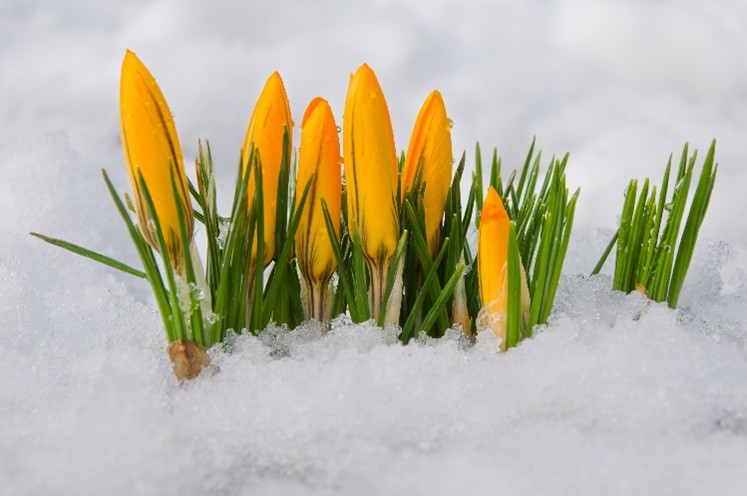The Third Week of Lent 2025 Waiting on the World to Change

In exploring this week’s “W” of Lent—Waiting—Diana Butler Bass* paraphrases Luke 13:1-9 this way:
Jesus said, “The Kingdom of God is like a vineyard of young trees. A wicked ruler seized the land and tried to cut down all the trees because they were not profitable. They added no treasure to his stores; he was eager for the wealth the land would produce. But the faithful gardeners refused to wield the ax. Instead, they protected the trees, enriched the land, and trusted the trees would bear fruit. The Kingdom of God is like that — a vineyard worked with patience and manure.”
This parable is a study in spiritual contrasts. And it is the third in a series of Lenten foils regarding power: first, control versus dependence; second, revenge versus vulnerability; and this week, violence versus forbearance.
Jesus calls his listeners to repent of collaborating with Roman violence, repent of giving in to kingdoms built on injustice, repent of blaming victims for their suffering, and repent of believing that the murderous power of empire is the only power.
But how?How do we resist without becoming like Rome? Can we defeat empire without giving violence for violence?
To answer these questions, Jesus tells the story of that unfruitful fig tree, the owner who wants to cut it down, and the gardener who begs, “Sir, let it alone for one more year, until I dig around it and put manure on it. If it bears fruit next year, well and good; but if not, you can cut it down.”
Jesus’ vision of defeating empire involves waiting for “the land” to do its work, giving it the tending, patience, and care it requires to bear fruit. The moral of the story? Caesar’s empire is impatient for power — built on theft, enslavement, revenge, death, and defilement; God’s kingdom is that of patience for the healing of creation, tended with faithful service, nurtured tenderly to life, and fruitful. The first clears the land and ends in violent death; the second tends and trusts.
Waiting isn’t a passive practice. It’s an active practice of protecting, nurturing, and attentiveness.
Jesus is asking his followers to remember the slow work of God’s kingdom. “Do the work. And wait,” he says.
It’s what Martin Luther meant when he said, “Even if I knew that tomorrow the world would go to pieces, I would still plant my apple tree.”
This week, ask yourself, “What am I being called to protect, nurture, be attentive to, while I wait on the world to change? What’s my apple tree?”
For some inspiration, listen to the song by John Mayer, Waiting on the world to change.
Now we see everything that’s going wrong
with the world and those who lead it
We just feel like we don’t have the means to rise above and beat it
So we keep waiting (waiting), waiting on the world to change…
*A reminder to subscribe to “The Cottage” by Diana Butler Bass for her Lenten series, A Lent of Wellbeing and Witness, https://dianabutlerbass.com/the-cottage/

